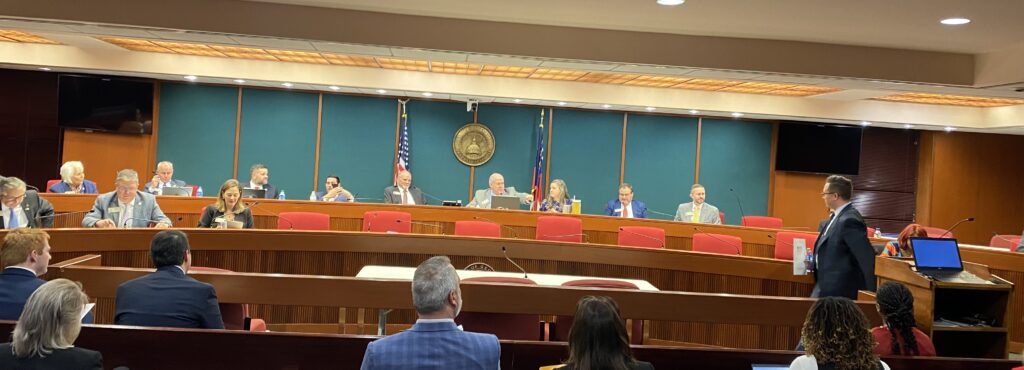
Transcript by Rev.com
Chairman Rep Chuck Martin:
… if you would mind holding a spot. Um, given that we had the workforce, uh, the- the presentation today, we- we talked about this. And it, particularly in, uh, the bill hadn’t changed, but given that we had that presentation, there are three folks that have signed up to speak on it. And I’m gonna give them the opportunity to, uh, given that we’ve- we heard that presentation today.
Uh, the first one we have, a Mr. D.A. King. Are you here, Mr. King? There you are. Just, uh, just getting the batting order. Not- not rushing, but getting the batting order to let the people know, we- we have, uh, Ms., uh, Miranda Williams and Cosby Johnson are- are the other two folks. We have to speak in that order. Mr. King.
D.A. King:
Thank you very much, Mr. Chairman. Members of the committee, my name is D.A. King. I am president and bottle washer at the Dustin Inman Society. We are an IRS 501(c)(4) non-profit, formed for the purpose of urging people and educating them on the importance of enforcing our immigration laws. We are focused here on Georgia, and have been since 2005. This is my 19th year on this campus talking about the same problem. We are going backwards on that problem in this state. This is relative to the, um, Workforce Development Board and the, uh, not so much the dual enrollment, but the, uh, apprenticeship program. I hope that we have not reached a stage in this state where we are considering people in the country illegally to be part of our workforce that needs to be trained, but nevertheless, I am told and assured by the technical college system of Georgia that that is exactly what is happening.
I cannot find an exclusion in any part of the law that formed, or the bylaws that are, or the regulations, that is operating the apprenticeship program or the high career, I always get the- the acronym wrong. High Demand Career Initiative. Hoo, I did it. I can’t find anything in there that was prepared when the law was passed that would exclude illegal aliens. And I am told that they are in fact participating in the program, and I am assured that equally, surprisingly, H1B workers are participating in the program that is billed as a workforce development operation, funded by the taxpayer dollars to increase and expand the Georgia workforce.
If, for those who don’t know, an H1B worker is here for six years. Short of applying for an adjustment of status, we’re paying taxpayer dollars to educate what is already billed as a highly skilled employee that’s here illegally who’s a citizen of a different country. That person is not going to be here six years from the time their H1B Visa begins, and nevertheless, we’re doing it. Very quickly, for those who don’t know, the apprenticeship program says that an employer can send an existing employee to be trained, upskilled at taxpayer expense, which will make the employer more money, as it makes the employee more valuable. And there are a lucky few of those employers who will be paid up to and including $50,000 of taxpayer money for the privilege of sending their employee to be educated at state expense. This is lunacy, and a lot of people are starting to pay attention.
I am here on House Bill 982, to suggest that it is the perfect vehicle to take our time and build in the safeguards that should have been done in the first place, and make it clear that somebody who is an employee being sent to the program must be either a US citizen or a lawful immigrant. And I stress immigrant because what I remarked on earlier, an H1B worker, a temporary worker is here on a non-immigrant visa. That person is not an immigrant. And everything you read in the bulletins about employing everybody who is work eligible would automatically exclude a non-immigrant.
It’s easily done. I could help if anybody wants it, but I hope nobody ignores me because this one is not going away. Again, this is the perfect vehicle. We have a limited number of slots for the apprenticeship program, the, uh, reward system for the employers. I want to make it equally clear that Georgia has illegal aliens as employers who are employing illegal aliens. There is nothing in the apprenticeship program that would require that you sort those out of the population. While Americans are waiting for this training, including America’s poor, we are in fact including people in the country illegally and temporary workers.
Chairman Rep Chuck Martin:
And M- Mr.-
D.A. King:
I hope my message is clear. Sir.
Chairman Rep Chuck Martin:
… Mr. King, I- I’m giving you great latitude with this.
D.A. King:
I’m done.
Chairman Rep Chuck Martin:
Uh, uh, I’m interested in- in hearing what you have to say, but it has nothing to do with the piece of legislation that we, that we have in front of us.
D.A. King:
I, it’s- it’s a, it’s a perfect vehicle for solving-
Chairman Rep Chuck Martin:
I- well, let me-
D.A. King:
… the problem, Mr. Chairman.
Chairman Rep Chuck Martin:
… well, I mean, first of all, um, we’re not just … I- I, personally am not gonna turn the governor’s, you know, initiative into a vehicle. Um, we have a number of, we have 180 House members that can introduce a bill. I- I do want to, um, ask the- the attorney just to- to be clear of- of this, if- if- if Mr. Walker. We have, do we not, you cited it to me several times in email, we have code in Georgia that prohibits people in the country illegally from getting a public benefit. Isn’t- isn’t that true?
D.A. King:
It is true.
Chairman Rep Chuck Martin:
Okay. M- Mr. Attorney, is- is there anything in the- the, um, apprenticeship bill that you’re aware of that- that would circumvent that code section applying to- to everything that is in Georgia? I mean, it, the- the, uh, the, what I’m getting, the- there was no exclusion in the apprentice bill that said, “That code section shall not apply to an apprenticeship.”
Mr. Walker:
That is correct, Mr. Chairman.
Chairman Rep Chuck Martin:
Okay. So- so, the- that’s what I’m trying to get at with … I mean, I- I’m- I’m spending a little time on this ’cause you’re addressing the regulations.
D.A. King:
I’m grateful of the time, sir.
Chairman Rep Chuck Martin:
We’ll- we’ll get back to your bill. But- but I’m- I’m unclear as to if it’s illegal to rob the bank in Georgia, that’s illegal, and- and you open a savings and loan and we didn’t say it was illegal to rob that as well, it’s still illegal technically. So I’m- I’m- I’m unclear, and I’m happy to talk to you, you know, offline and- and off this.
D.A. King:
I- I- I could help with that, if I had 30 more seconds.
Chairman Rep Chuck Martin:
Well, I- I’ll- I’ll give you the 30 more seconds, but I- I’m also, um, it, you know, inclined to, you know, want to, want to stay on point of, we- we’re not, we don’t put in every- every time we have a financial transaction, “Thou shall not, you know, steal.” I don’t, I don’t want to quote the bible in what I said to you. We- we have a statute that says, “Theft by, theft by, theft by taking.” We don’t cite it every time we have a monetary transaction in Georgia. It is considered state law, and if- if someone is breaking … You mentioned if, uh, an employer is hiring- hires someone illegally in Georgia and they send them to the apprenticeship program, if they’re breaking the law, telling them they can’t break another law if their mind to do that, um, I- I’m not sure what we’re trying to do.
And- and the, so I’m giving you 30 seconds, then I’m gonna go to, um, TCSG, and- and where I want to address the issue of the apprenticeship program. Yes, sir.
D.A. King:
The, uh, the- the law you represent that, uh, that you and I have traded thoughts on is OCGA50-36-1. I helped develop that in 2006, and was able, I’m very proud to say, um, assist in the rewrite process several times since then. A public benefit is clearly defined in that code. There’s a long list of them. Apprenticeship program rewards is not on there. So the public benefit is not just a saying in the code. It is a very, it is a very defined list. You could make the apprenticeship program a state grant. If you designate it as a state grant, it would then be on the list of public benefits. But I have to go back and say, since the knowledge is here officially, that we have people in the country illegally and temporary visa holders participate in, you know, limited taxpayer-funded program, it’s difficult for me and a lot of other people to accept that there won’t be an effort to fix it.
Chairman Rep Chuck Martin:
Well, I- I’m not sure there won’t be an effort. Just you have to- to define to me what the problem is to fix, to fix, because I believe, um, you sent me in a- another, and cited, um, where- where I replied to you. And- and graciously thanked me for- for so doing it. And I consulted with Mr. Walker. If- if someone is here on an H1B program, they are in the country legally, correct?
D.A. King:
Lawfully, yes.
Chairman Rep Chuck Martin:
Lawfully. Okay. And- and they are allowed to work in the country?
D.A. King:
They are eligible to work.
Chairman Rep Chuck Martin:
Mr.- Mr. Walker, going back to you again. Part of the- the apprenticeship program requires if we’re going to do that, if you’re lawfully available to work in the US, it has to be available to you, correct?
D.A. King:
That’s not true.
Chairman Rep Chuck Martin:
Federal law. Or- or it, do you understand the, what I’m, the question I’m asking you? You pointed me toward a, toward a bulletin that I- I believe is that- that if you’re eligible to work in the US, that you’re eligible for the program. Am- am I mishearing that?
Mr. Walker:
I- I would- w- I would probably need to have a-
Chairman Rep Chuck Martin:
Fair enough.
Mr. Walker:
… refresh my recollection.
Chairman Rep Chuck Martin:
Fair- fair enough. Well, uh, be- be assured, Mr. King, I’ll- I’ll address your- your, you know, I- I thought I- I had before. And- and will- will do so again. It- it is, it is clear that we’re not trying to, um, circumvent anything, you know, uh, any part of that code section. Um, and- and I- I don’t … The- the fact that we don’t put it on this bill today doesn’t mean that we’re not interested in fixing it, but I- I do want to move- move this bill forward. I think it has, uh, it has a lot of, it- it has a lot of meaning to create these lists so that we can move forward. So, um, you know, happy to work with you on that.
With that last thing, Mr. Peevy, I, you and I had- had talked about, uh, the issue because Mr. King brought it to our attention, and I brought it to you. Can you talk to us briefly about, are you aware of anyone currently in the- the apprenticeship program that would be addressed in Mr. King’s comment?
Mr. Peevy:
I could do that, Mr. Chairman. And- and- and I will make this statement as the official representative for the technical colleges in Georgia. We are not aware of anyone illegally taking advantage of this program. The program is fairly based. In order for, uh, uh … And- and it’s all part of the federal register apprenticeship program. In order for someone to participate, they have to be a legal employee of a company that is participating in the program, uh, along with all the verified other requirements that come along. And so- so that- that company has to have legally hired and- and legally employed an individual before they could take part of the apprenticeship program. That, as far as we know, we don’t have anyone illegally taking a part of that.
Chairman Rep Chuck Martin:
What- what I want to ask you to do is we’re gonna move- move on with these, uh, additional speakers on- on 982 for Representative Yamel, but if you have a moment when we’re finished, let’s- let’s you and I get with Mr. King and- and- and- and Mr. Walker if he has time, and- and investigate the difference, uh, of- of data we appear to have.
Mr. Peevy:
[inaudible 00:11:22].
Chairman Rep Chuck Martin:
And we’ll get to the bottom of it. Fair enough, Mr. King?
D.A. King:
It- it- it- it is. Um, I’m- I’m gonna go away before I read a sentence from a different employee of the apprenticeship, uh, TCSG about the apprenticeship program, who answered a direct question from my office, telling me that we do have, uh, her words-
Chairman Rep Chuck Martin:
And that’s fair enough. And- and you- you’re- you’re welcome to bring that out.
D.A. King:
[inaudible 00:11:41].
Chairman Rep Chuck Martin:
And I appreci- I appreciate you, I’m gonna work for the- the privacy of the individual, I appreciate you working with us on that. If it’s something that we need to make public, we can do that. We- we will correct it, uh, you know, if- if it’s wrong. But, um, yeah, we- we’ll get to the bottom of it.
D.A. King:
I’m very grateful for the time.
Chairman Rep Chuck Martin:
And I know, and I, and I abso- absolutely do it. Thank you, sir.
D.A. King:
Thank you very much.
Chairman Rep Chuck Martin:
Ms. Williams.
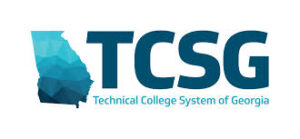
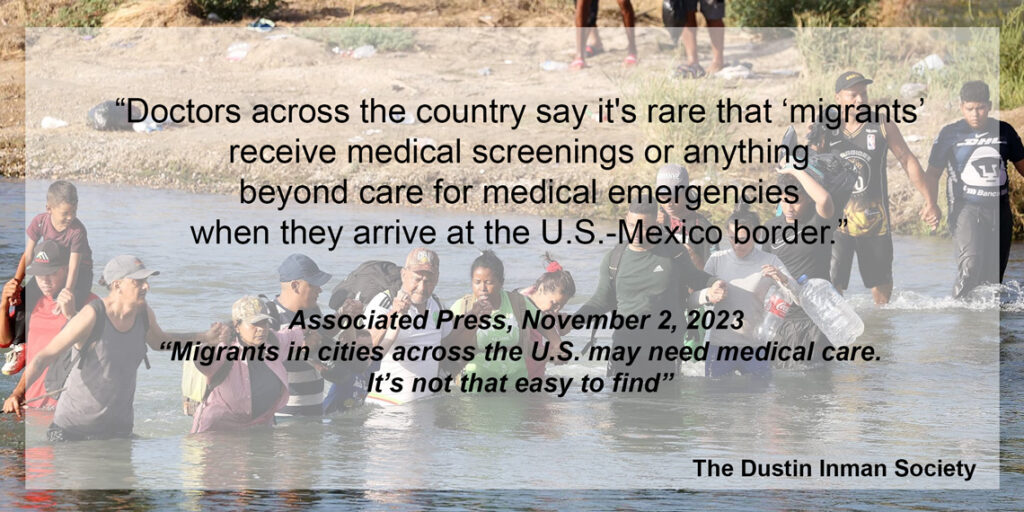

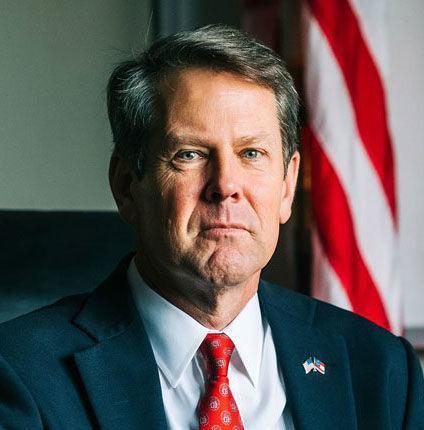
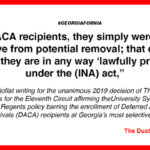
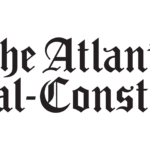
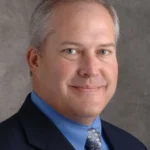
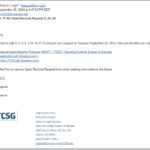


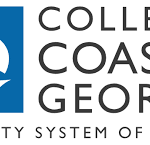
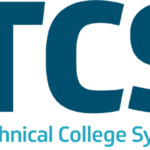
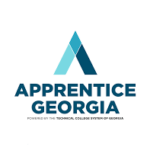


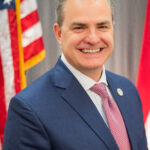

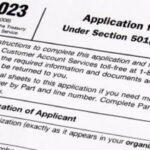
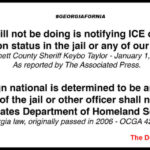



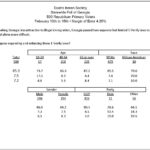


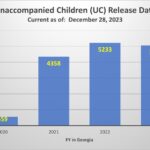
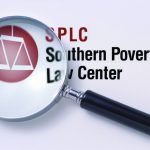
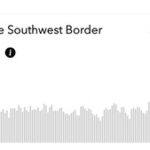
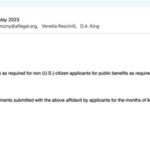
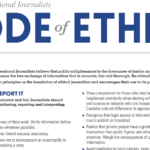
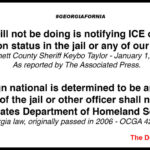


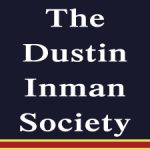
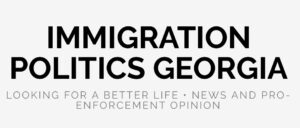
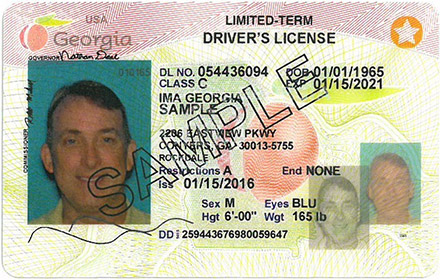



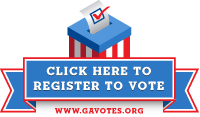
You must be logged in to post a comment.